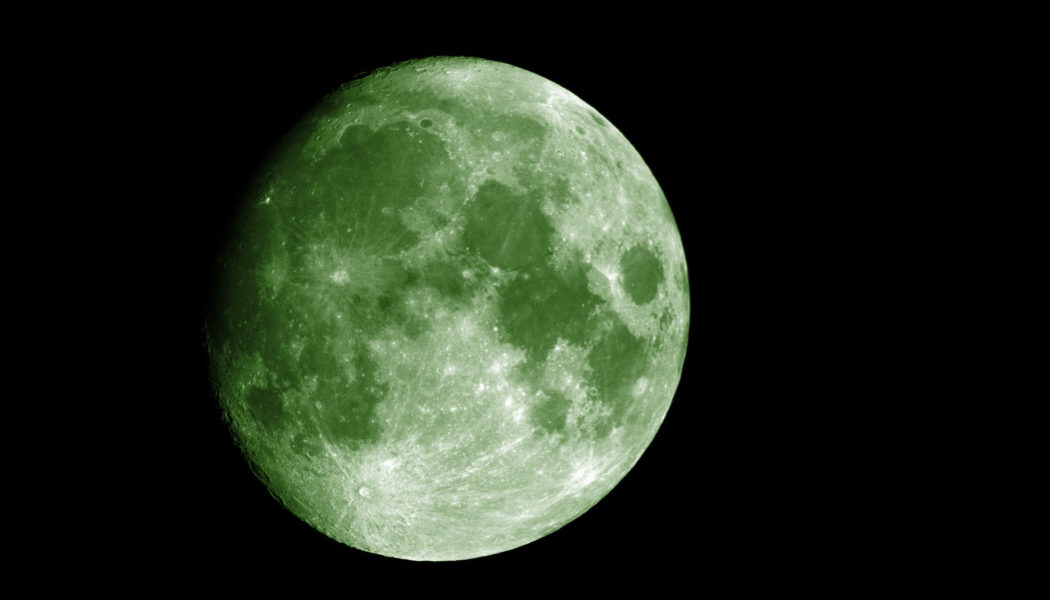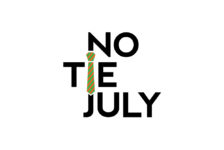Kidney cancer now has an organization willing to evaluate and fund bold and innovative ideas: KCCure. We need the kind of fearless thinking that put a man on the moon—a moonshot, as some have called it. We are aiming for beyond the stratosphere. Does that sound crazy?
Almost all of us do crazy things at some point in our life, but me, not so much. I never quit my job and hitchhiked across Europe until I had to wire home for ticket money. I never got drunk on tequila and got a tattoo in a border town. Nothing about my history screams, “woman who does crazy things.” But in March 2016, somehow joining together with other passionate kidney cancer advocates and starting an organization that has a shot at giving a million dollars or more a year to kidney cancer research seemed perfectly logical to me. Nothing crazy about that.
One of the first things non-profits do is develop a Mission Statement. You could not have found a group of people who wanted more passionately to “cure” and “prevent” kidney cancer. But you don’t hear the word “mission statement” in any cancer clinic.
Dr. Hans Hammers, our scientific advisor, entered into the discussion and talked about the responses to new immunotherapies that are ongoing and about the possibilities to combine and sequence the immunotherapies for better response rates. While a Stage IV patient might always live under the shadow of recurrent disease, as my husband Gary says, “If you live long enough to die of something else, then it might as well be called a cure.”
Vaccines to prevent polio seemed impossible when I was born, but Hans was convincing that preventing kidney cancer with a vaccine could happen in our lifetimes. So “cure” and “prevent” stayed not just as a wish in our hearts but as a goal for our organization.
Perhaps the most important thing Hans said in that early discussion that led to KCCure was that we must think big. We must believe in prevention and a cure. Many of the government grants go to “sure things,” which give only baby steps towards a cure. Dr. Hammers put together an all-star scientific panel of kidney cancer specialists willing to donate their time to select the most promising kidney cancer research proposals for grant funding.
For kidney cancer, the biggest current challenge is getting recognized and acquiring a seat at the table for immunotherapy research grants. The big goal is to get kidney cancer grants to the same funding level as melanoma grants. Currently, kidney cancer receives only about 5% of the private funding that melanoma receives. The small “seed money” grants where new ideas are tested is an area mostly supported by private funding, and the results of these small research projects allow scientists to apply for and win the large DoD and NCI grants, multiplying the effects of the early stage research dollars.
It’s crazy that just a few devoted advocates can start an organization and raise $110,000 during its first month. But it happened. In one month, with all of your help, we created a 2-year science grant. It happened with the support of a dedicated team of volunteers, donations from 85 cities in 25 states, 3 foundations, and readers from 40 countries. With that sort of support, I have to believe that curing kidney cancer isn’t an impossible moonshot. It isn’t crazy. This is not some short-lived, half-hearted quest for something more than what we have. This is real—and it is an absolute necessity.
It starts with a plan at KCCure. It starts with your support and a dedication to securing the research dollars to allow talented scientists to find a cure for all of our kidney cancer patients.









